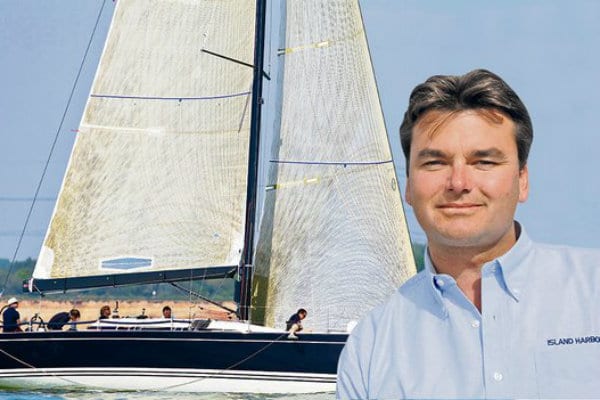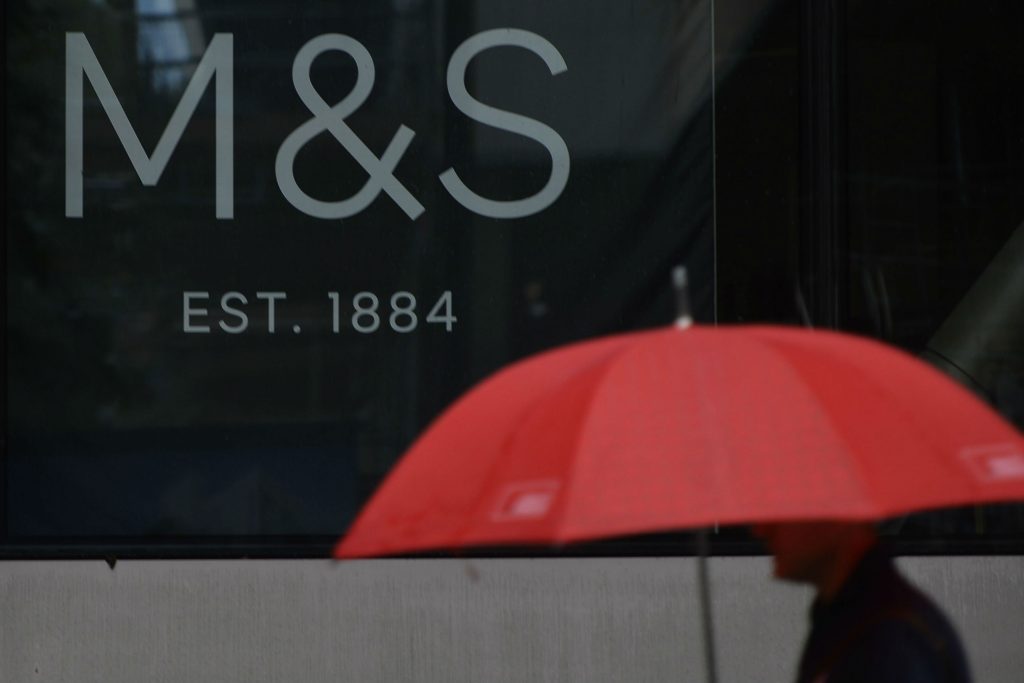He has been described by some as a “millionaire playboy” and by others as the man who brought down BHS. As a man who seems to have rarely disappeared from the headlines over the past few months, the Retail Gazette takes a look at the career of Dominic Chappell — who infamously bought BHS for £1 in 2015.
Accounts of Chappell‘s career prior to the acquisition of BHS are somewhat patchy. This is primarily due to the fact that he simply didn‘t feature on the radar of big businesses and its leaders. When compared to the league of business at which owners of nationwide department stores operate, Chappell‘s career prior to his takeover of BHS was relatively modest.
He was born in Surrey, in a small town called Sunbury-on-Thames. He was educated in the prestigious Millfield public school in Somerset alongside countless high profile sporting names, such as BBC chief political correspondent John Sergeant and drummer of the Police, Stewart Copeland.
Click here to sign up to Retail Gazette’s free daily email newsletter
His early career saw Chappell as an aspiring racing driver. It is unknown where his early funding to pursue a career in motorsport was found, but Chappell stated in an interview with the BBC that his family has always been involved in the oil trade in Libya. Associates also report he has access to a family trust fund in Gibraltar.
Chappell‘s venture into motorsport lasted from 1986 until 1999 and saw him reach the level of formula three. During his racing stint he competed in three 24 hour Le Mans races, yet failed to finish all three.
It was during this period that he experienced his first, now-infamous insolvency, entering into an Individual Voluntary Arrangement that enables the individual to avoid bankruptcy, attributing it to a failed formulae one team he had invested in.
Following this came Chappell‘s first venture into entrepreneurship. In 2001 he set up the Interactive Sportscar Championship (ISC). The concept behind this venture was to fit all the cars with on-board dashboard cameras, offing enhanced TV viewing, which — although now a staple — was the ahead of its time.
RELATED: Former BHS owner Dominic Chappell in tax battle with HMRC
Despite a promising concept, the predictions of popularity essentially brought about its almost instantaneous downfall. Chappell predicted 250,000 subscribers, washing over advice from insiders stating that even Berny Ecclestone‘s formula one was receiving just 9000 viewers a race.
The ISC folded after a single race. Noone except the racetrack owners were paid any money, including the winners of the race who were promised £20,000.
“We, as racing teams, are looking for championships to take part in, and he advertised this race championship. It was supposed to be televised and we were told there was a television deal so there‘d be some prize money,” Martin Braybook, a racing team director, said at the time.
“But we got to the point of the first race with everyone still questioning whether it was real.”
In 1993 Chappell became director of Eyot, a property firm he ran alongside his father Joe. In the face of his first bankruptcy which came about in 2005 after a dispute with Foxton‘s estate agents over an unpaid fee, Chappell remained director until 2008.
However, the company fell into administration in 2008, owing £230,000 to Lloyds Bank.
Perhaps his most famous venture, aside from BHS, was his joint venture to develop the Isle of Wight‘s Island Harbour Marina with his father. This development would see 48 new homes, 26 luxury waterside properties plus private moorin
RELATED STORIES


















